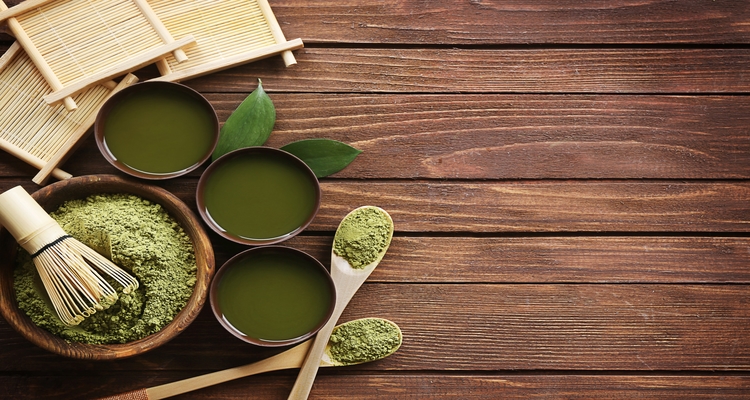
Western Medicine is an excellent tool that can reduce the imbalances of the body. However, it does not resolve the origin to help attain true recovery as conventional Chinese medicine through Chinese herbs and acupuncture. Herbs can treat some scientific conditions such as headaches, allergies, colds and influenza, digestive conditions, skin-related conditions, traumatology, along with more persistent diseases like Parkinson’s, hepatitis, cancer, HIV, and AIDS. Convention western medicine utilizes drugs to treat pain and disease, while Chinese medication utilizes herbal solutions to attend to health conditions.
Chinese herbs have no recognized side-effects compared to prescription drugs. What makes these herbs truly effective and safe is the art of integrating them to form a carefully balanced formula. These formulas not just deal with the patient’s primary problem but also address associated problems. Chinese organic formulas are based on classical prescriptions that have actually been used for hundreds of years and are modified to fit the requirements of the client.
Every Chinese herb’s medical use is chosen by its homes, healing functions and by its capability to affect organs or individual channels. Herbalists integrate herbs to create a mix that enhances their natural function and ability to treat. They likewise include herbs with certain healing impacts when putting together solutions to deal with a specific complexity in a client’s condition.
Clients and their doctors alike are frequently discouraged by the negative side-effects related to western medications, or the possibility of needing to stay on these drugs for an extended time period. Chinese medicine, most of the time, provides exceptional medical outcomes and longer long-lasting positive impact than traditional medicine.
Herbs can come in many types, and clients must work with their designated herbalists to figure out the most ideal shipment technique. In ancient China, herbs were made as herbal preparations or teas. Plants, minerals or shells are cut and dried in preparation for preparation and storage. In modern-day times, other kinds of processing herbs have actually become commonly available. Generally, herbs are dehydrated or dried up, processed, and made into a concentrated powder. The herbalist provides the client with a container complete of powdered natural formula. The patient then blends this powder with warm water, taking the herbs 2 or 3 times daily. Another common method of taking herbs remains in the kind of pills or tea bags which are produced in factories. In addition to internal intake, herbs can also be taken externally. External herbs are used for skin treatments as well as muscle or joint discomfort, and terrible injuries.
Chinese herbs work in consistency with acupuncture. Acupuncture is grounded on the traditional Chinese medication concept of energetic Meridians. The Meridians imitate highways connecting our body’s systems to each other. Acupuncture likewise involves the use of really thin needles. As all Meridians are connected, putting needles at specific points on the body can have both a deep and strong impact. According to traditional Chinese medicine, all disease begins as a clog in the Meridian system. When the circulation is brought back within this system, recovery will naturally follow.
Unlike Western medications that reduce symptoms and Western organic supplements, Chinese herbs support underlying organ function and conditions. These herbs work like acupuncture to develop and promote balance and allow the body to function efficiently for recovering the source of the condition.
Acupuncture and herbs can be utilized alone or in conjunction with Western Medical treatment. This treatment does not interfere with Western Medicine and might lead to extra relief. Some conditions which can be handled with acupuncture and herbs include hypertension, menopausal signs, headaches, digestive issues, muscle and joint pain, allergies and much more.